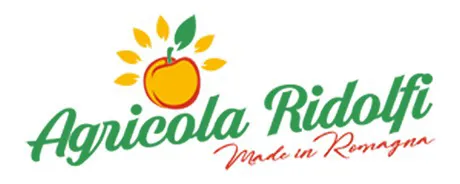Research is needed to save peach cultivation and be competitive. On 4th July 2019, the University of Bologna launched a project together with a fruit grower to improve the quality and grade of peaches and nectarines. It is coordinated by professor Luca Corelli Grappadelli, professor of General arboriculture and tree cultivation, while the company is managed by Mattia Rindolfi.
A fruit meter applied to nectarines. The piston follows the growth of the fruit.
Rindolfi's peach orchards are protected with anti-hail and anti-insect nets. Tests envisage the application of reflective films between rows so as to 'bounce' the light towards the fruit. Peaches and nectarines grow through transpiration and better lighting should enhance it, gathering sugar from the leaves and water from the roots.
A fruit meter
"We have just placed 16 fruit meters that read the data every 15 minutes and soon we will place the reflective films. Fruit meters are essential as they measure the daily growth of each single peach. Eight of them are applied among the rows with the film, while the other 8 will be in a section without film."
Installing the "coordinator"
Fruit meters have been used by the Department for many years and were developed by the University of Bologna years ago. Each meter is connected to a 'node' placed nearby the tools.
Left to right: Luca Corelli Grappadelli, Mattia Ridolfi and Marco Sangiorgi
'Nodes' collect data and transfers them via WiFi to the 'coordinator', i.e. a unit placed at the start of the orchard. From there, the data is sent to a server and processed so researchers and the entrepreneur can assess growth day after day. Thanks to the data available, it is also possible to make a prediction on the final grade.
The 'node' with the terminals
A few days ago, entrepreneur Mattia Rindolfi and student Marco Sangiorgi arranged the technological part. Films will be placed soon and the data will be processed until the fruit is harvested. The variety studied is Romagna Giant, with a layout of 4.5 meters and 1.4 meters in rows.
"We need to thank companies such as Rindolfi because they have the right mentality. Thanks to Mattia, we can work of innovating things. What we are doing today is applied research, as these tests aim at improving the income of businesses."
Contacts:
Agricola Ridolfi
Via Del Dottore 33
48124 Ravenna - Italy
Tel.: (+39) 347/6128922
Email: info@agricolaridolfi.it
Website: www.agricolaridolfi.it

